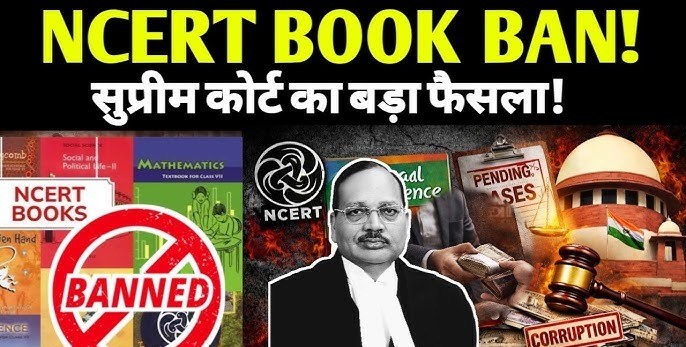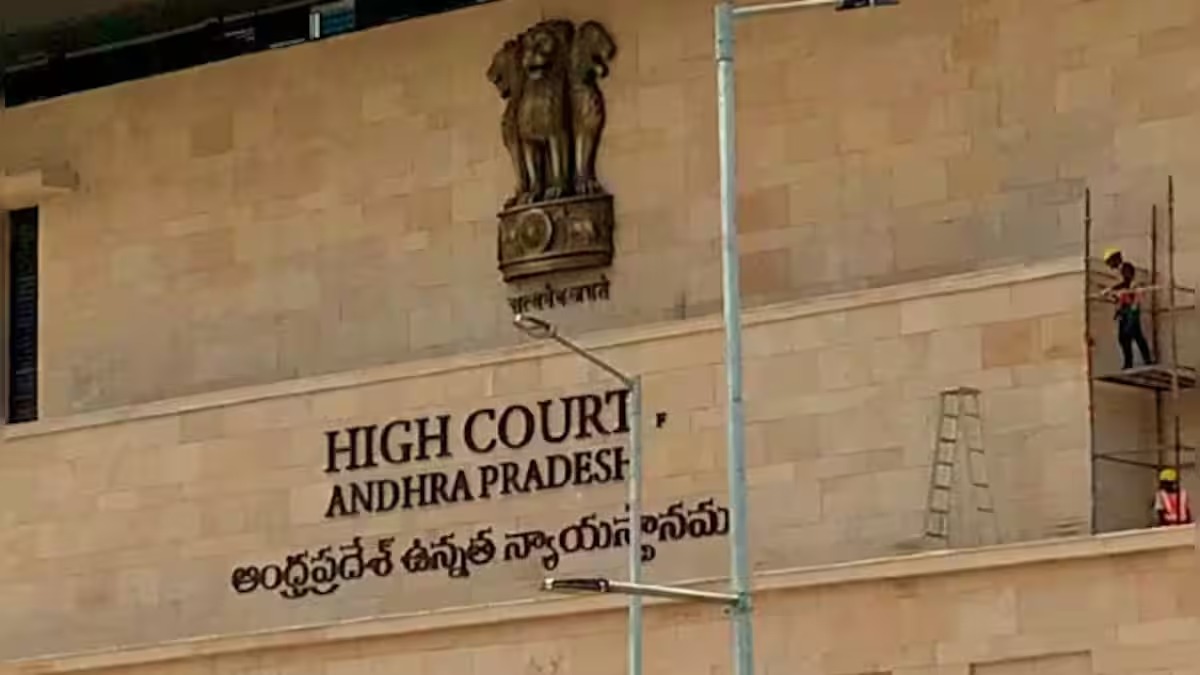Mirza, J.@mdashThe finding of the lower appellate Court is that the sum of Rs. 4,000 was paid by defendant No. 2 for the purchase of the property in which the appellant (original plaintiff No. 1), original plaintiff No. 2, and defendant No. 1 were interested. Out of the purchase money Rs. 2,600 were paid to the mortgagees for redeeming the property. To that extent, it is admitted that the sale would be for a legal necessity if the mortgage amount had then matured, The balance of Rs. 1,400 was paid by defendant No. 2 to defendant No. 1, the eldest male mem-bur of the joint family, Defendant No. 1 admitted that part of this sum of Rs. 1,400 was utilized by him for the payment of family debts.
2. It is urged, on behalf of the appellant, that his interest in the property is not affected by the sale to defendant No. 2 as the sale was not for a legal necessity. Mr. Varde has argued that there would be no legal necessity to pay off the mortgage amount 1928 before it matured and could be demanded. The amount payable to the mortgagee was to become payable five days after the date of the sale. There can be no hard and fast rule as to when the legal necessity arises in respect of the payment of a mortgage debt. The evidence showed that defendant No. 1 and his "�mother were both satisfied that the sale would be advantageous to the estate and as the time was drawing near for the payment to the mortgagee, and the mortgage amount would then have to be found there was, in my opinion, a legal necessity to sell the property in order to pay off the mortgagees. With regard to the balance of Rs. 1,400 it was admitted by defendant No. 1 that he had told Ketkar, defendant No. 2''s agent, that the sum was required by him to pay off other debts. As Ketkar had since died defendant No. 2 was unable to show what other inquiries Ketkar had made with regard to the legal necessity for the balance of Rs. 1,400. In my opinion, there was no reason for Ketkar to disbelieve the information which he had admittedly received from defendant No. 1 that this amount was needed to pay off other debts, The purchaser is not bound to see to the application of the money. The recent rulings of the Privy Council have laid down that where the major portion of the consideration is for legal necessity and it has been shown that the transaction is bona fide and the consideration has been paid by the purchaser the sale would be binding. In Srikrishn Das v. Nathu Ram (1926) 29 Bom. L.R. 825, p.c, their Lordships of the Privy Council in reviewing the Indian case law on the subject have not disapproved of certain cases where the proportion between the amount required for legal necessity and the amount not proved to be required for legal necessity was as 2/3rds to 1/3rd and yet the sale was upheld. In the present case the proportion would be very nearly as 2/3 rd to � rd if Rs. 1,400 are to be excluded from family necessity. In my opinion the judgment of the lower appellate Court should be upheld and this second appeal dismissed with costs.
3. The claim for pleaders'' fees should be ascertained by the Taxing Officer.
Baker, J.
4. I agree. The case is covered by the Privy Council decisions in Srikrishn Das v. Nathu Ramm;

